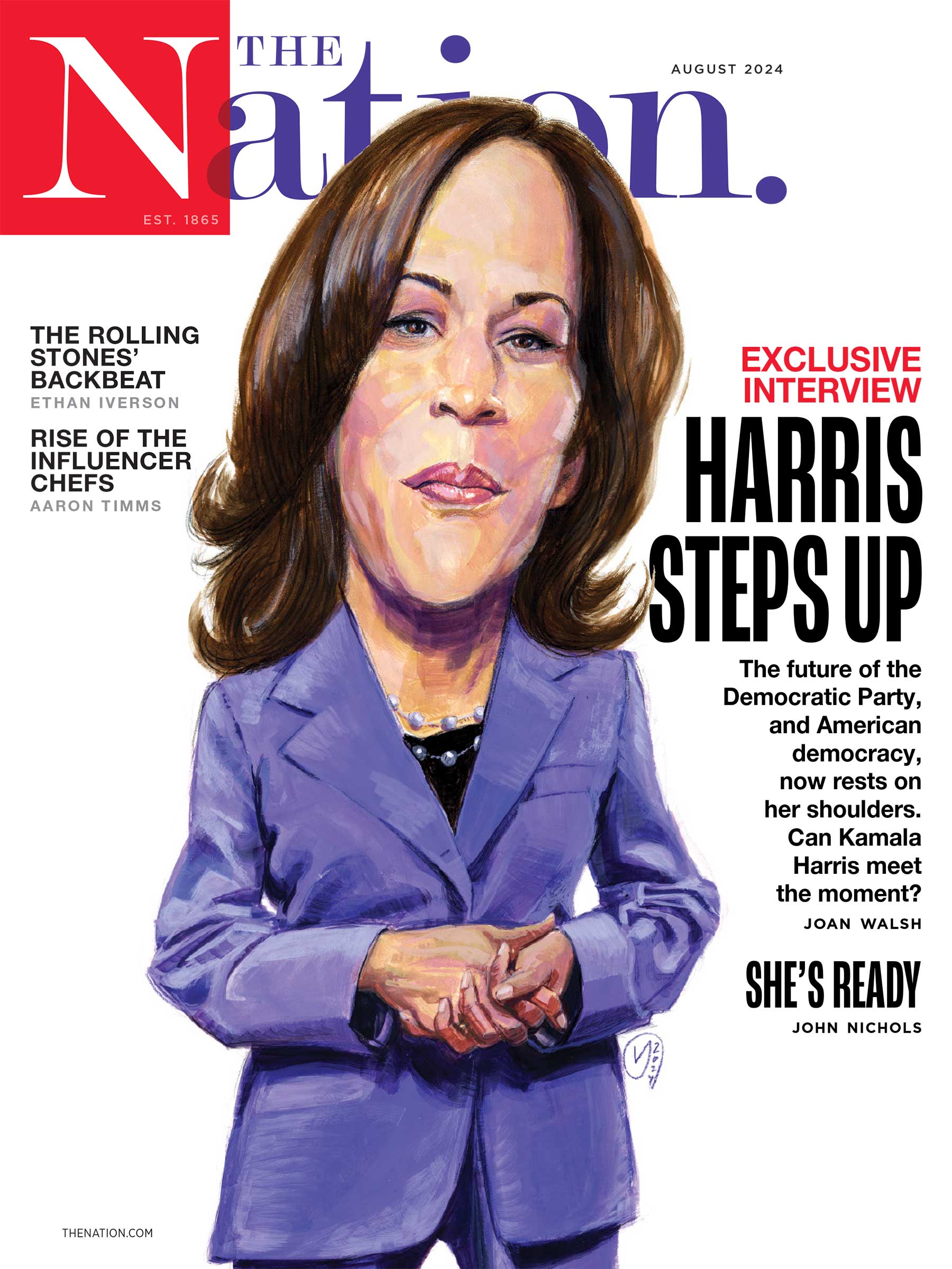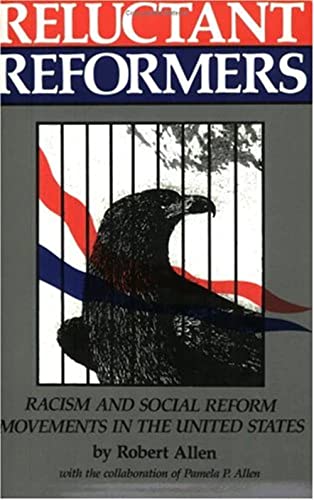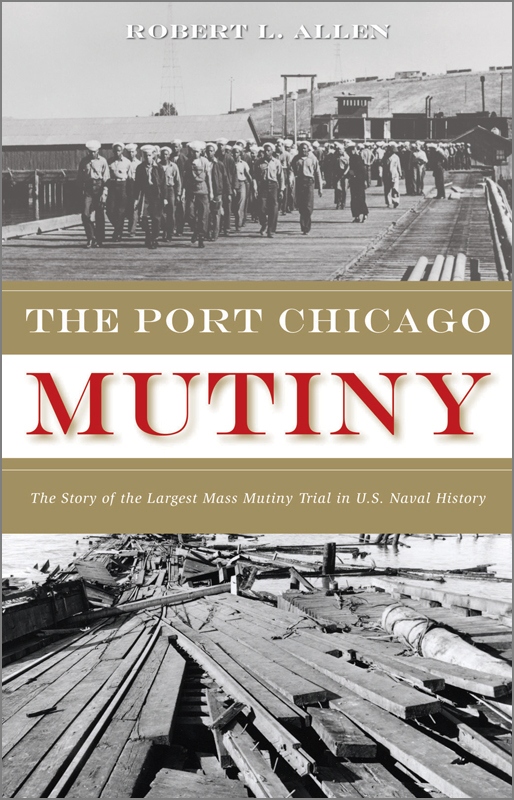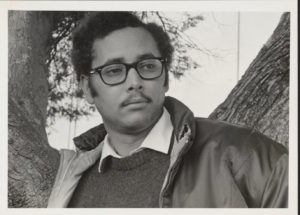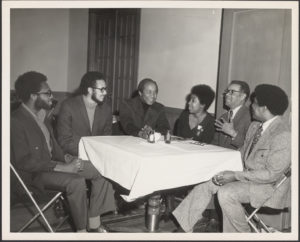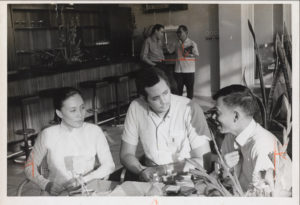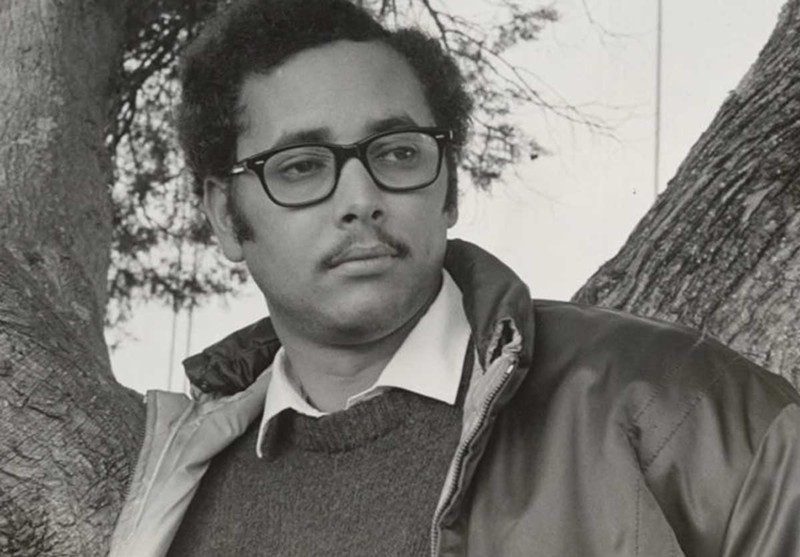https://www.thenation.com/article/society/palestine-journalists-discrimination/
August 19, 2024
The Cost of Trying to Make Palestinian Lives Matter in the Newsroom
There is often a high price to be paid when journalists try to tell Palestinian stories.
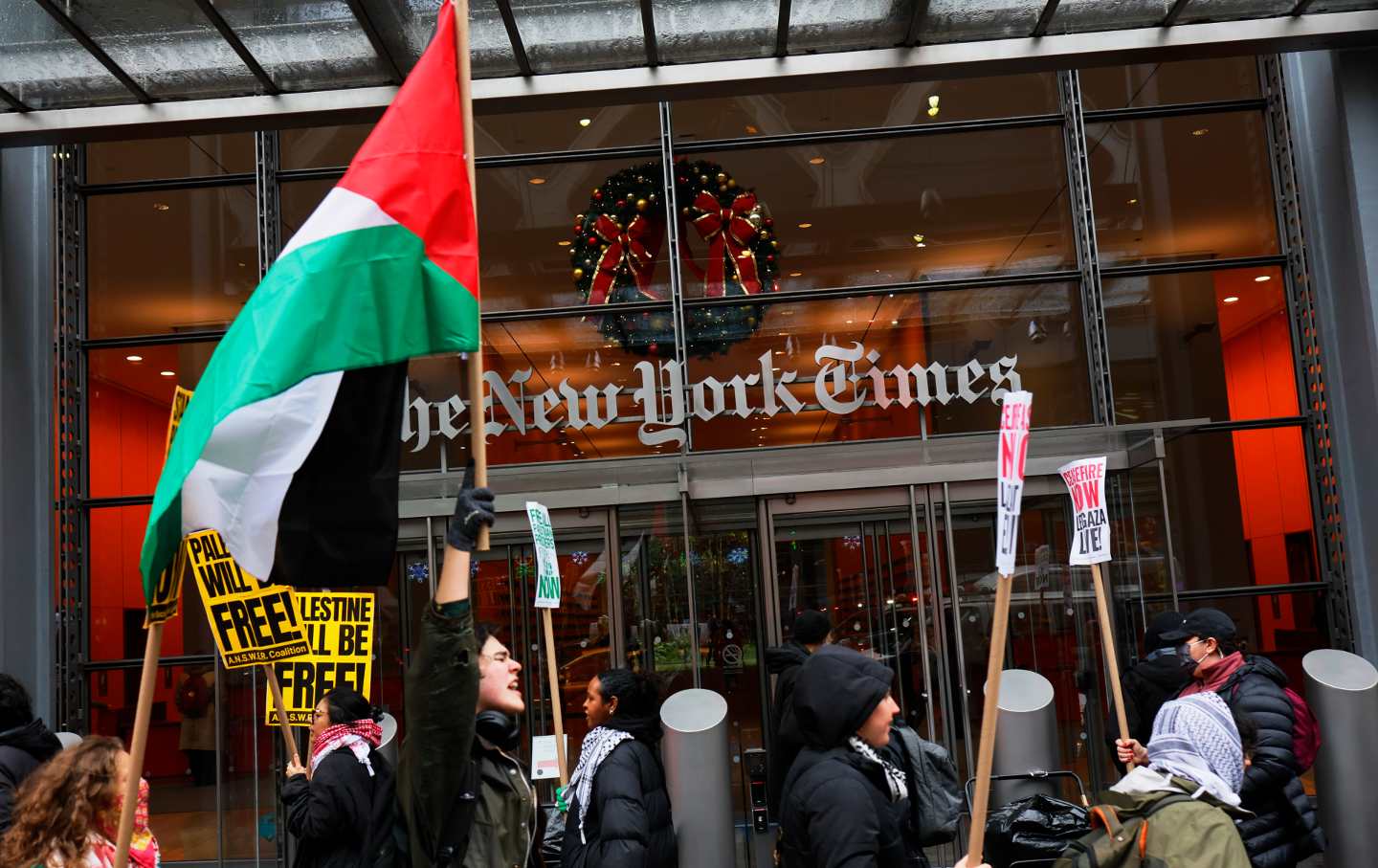
Protesters gather outside of the New York Times building on December 11, 2023, to protest the newspaper’s Gaza coverage. Michael M. Santiago / Getty Images
In the heart of Gaza’s ruins, local Palestinian journalists are enduring the unimaginable toll of a merciless war machine, starvation, and unwarranted daily brutality. Meanwhile, Muslim journalists and others reporting on the war from the West are faced with a different kind of impediment: the battle against blood-washing discourse.
For the past 10 months, journalists across the world have voiced concerns to their employers over imbalanced, misleading, and at times, fictitious coverage of Israel’s war on Gaza. These reporters have demanded more plausible and thoughtful accounts of Israel’s crimes against humanity—arguing that current narratives are obfuscating the magnitude of the devastation and sorrow of the Palestinian people. Instead of having their perspectives welcomed, these reporters have instead been left to fend largely for themselves.
On World Press Freedom Day, the National Writers Union published a report titled “Red Lines: Retaliation in the media industry during the Gaza conflict.” It documented 44 cases of retaliation against media workers—whether by way of assignment restriction, social-media suppression, or termination—in response to a belief that the accused either supported Palestinians or appeared “critical of the Israeli government.” The investigation did not yield a similar trend toward pro-Israeli media workers. According to the report, this wave of retaliation impacted more than a hundred media professionals across North America and Europe from October through February, a large portion of whom were of Middle Eastern, North African, or Muslim descent.
The effect of this is clear: the production of less news about the reality of Palestine. That task is left to the waning few still committed to journalistic principles of integrity, public accountability, and sensitivity to the human condition.
But this phenomenon is neither new nor isolated to the post–October 7 era. It is instead a culmination of pseudo-analytical dehumanizing tropes and mainstream media scare stories that have likened Palestinians, Arabs, and Muslims to deviant, bloodthirsty criminals.
Reporters who are dedicated to covering Palestine the right way have been labeled biased, naïve, inexperienced, or even terrorist sympathizers by those who feel threatened by the industry’s capacity to bring about real change.
Some journalists, myself included, have been diplomatically advised to either tame our passion or channel it into nonprofit or advocacy work if we truly want to do right by the unfolding cause. It could not be clearer, however, that we are not the ones deviating from the supposed principles of journalism. The real sins against our industry come from those who have, for decades, treated Palestinians as nonhuman and the apocalyptic conditions in Palestine as not newsworthy, helping to enable Israel’s appalling and unchecked human rights abuses over the years, and have shown how little the “ethical standards” and “best practices” of this profession matter when it comes to Palestine.
For this piece, I spoke to a range of writers and reporters about their experiences fighting to have Palestinian stories reported the right way. Here is some of what they told me.
Talal Jabari, a New York–based, 45-year-old Palestinian journalist and documentary filmmaker, spent most of his career in the Middle East, where he shot print, television and radio segments for Al-Jazeera, BBC World Service, ARTE, and 60 Minutes.
Fresh from a six-week visit to his family in the West Bank, Jabari says that Palestinians have always known their claims face “a much higher burden of proof” in the media. He says that the quieter stories about his community are what matter most in a digital environment that has long dehumanized them.
“Over time, they add up,” he says now with a wistful smile. “So, when history looks back, they don’t just see all we were stripped from—and all the violence. They can see that we were also the dreamers and the resisters—those who never gave up…. Unfortunately, Palestine is only ever on the news when our children, women, and men are being bombed.”
After receiving his master’s from the University of Leeds, Jabari returned to Palestine during the Second Intifada. The uprising erupted when then–Israeli Prime Minister Ariel Sharon led a force of over 1,000 heavily armed police and soldiers to storm the Al-Aqsa Mosque compound in occupied East Jerusalem back in September of 2000.
“Sharon’s impact lingers.” Jabari’s voice softened with emotion as he recalled his younger days. “He kindled a fire within Palestinians like myself who were lost at the time. We felt a profound calling to the profession of journalism. We had seen too much. Who else would share our stories with the world?”
Jabari recalled a 60 Minutes segment he shot back in 2012 that worked to shed light on the Palestinian struggle and the various factions of Hamas. He recounted the risky process of embedding himself with the fighters: “They’re being targeted, and you’re working alongside them. Israel sees no distinction. We were targets as well.”
Jabari was initially surprised that CBS would be interested in the story. “It seemed almost too good to be true,” he said. “ It would constitute a landmark [story] if any resistance faction was secured air-time on a mainstream news channel where fighters were actually offered a chance to humanize their struggle.” But when producers decided to scrap the piece at the last minute, Jabari felt “in his bones” that this was a fitting reflection of their political stance.
After the incident, Jabari decided to leave journalism and pursue documentary filmmaking full-time, where he felt he could play a more direct role in shaping how Palestinian stories were told. He would go on to direct several films that worked to humanize the Palestinian people and their resistance, including 2015’s Enemies of the South and 2017’s award-winning Naila and the Uprising.
Not much has changed for Palestinians within the industry since the start of Jabari’s journalism career in 2005. Media studies scholar Mohamad Elmasry said in 2009 that the US media worked to frame Israeli violence as a rational, or an otherwise expected component of conflict while portraying Palestinian violence as “barbaric and senseless.”
And today, while some reporters are left floundering to find adjectives horrific enough to describe the sheer scale of what we are witnessing, many reporting on the war for US media channels are still, ten months in, using the same set of now-infamous phrases: “according to the Hamas-run health ministry,” “Israel-Hamas war,” “X found dead in air strike in Gaza,” and more, to defend the indefensible.
Even the worst atrocities—like the recent bombing of Al Tabi’een school in Gaza City that blew Palestinian families apart so thoroughly that their remains were placed in plastic bags of allotted measurements to determine whether the body belonged to an adult or a child, as if they hadn’t once been someone’s entire world, or the soldiers who were captured on camera brutally gang-raping a Palestinian prisoner at the notoriously callous Sde Teiman Prison, rendering him unable to walk—somehow continue to fall short of striking a chord dire enough to shift our deeply problematic and inhumane editorial policies.
Mohammed El-Kurd, The Nation’s Palestine correspondent, put it best: “Our death is so quotidian that [Western] journalists report it as though they’re reporting the weather. Cloudy skies, light showers, and 3,000 Palestinians dead in the past 10 days. And much like the weather, only God is responsible: not armed settlers, nor targeted drone strikes.”
Malak Silmi, 25, is a Palestinian American from Dearborn, Michigan. She had been interested in journalism from a young age, spending much of her days buried in a notebook or on her laptop. She says she felt a deep-seated desire to address the injustices she saw in the coverage of her community: “I wanted to be a part of both educating our Dearborn [citizens]—showing them that not all journalists are vindictive, and of also informing others about our own community of Palestinian Americans.”
“Dearborn Arabs have always gotten bad representation in the media,” she continued, pointing specifically to a laughably written Feb. 2 op-ed in The Wall Street Journal titled “Welcome to Dearborn, America’s Jihad Capitol,” which described Dearborn, the largest city with an Arab-immigrant majority in the US, as a hub of sympathizers for “antisemitic terrorism.”
The op-ed was a textbook case of Western journalism: colonizer-centric, Islamophobic, and poorly thought through. But it was still approved for publication, just days after the International Court of Justice, the highest judicial authority in the world, ordered Israel to prevent plausible genocide in Gaza in late January.
After graduating from Wayne State University in 2020, where she majored in broadcast journalism and international studies, Silmi went on to work for Outlier Media, a local Detroit nonprofit newsroom, where she served as an Arabic News Information Reporter. A year later came her first full-time job as a digital reporter with San Antonio Express News, before returning to Outlier Media as a City Hall reporter for the next year and four months.
Popular
“I quit [Outlier] for good just about a week before October 7 happened,” Silmi says. “But my decision to quit was nonetheless because of where I come from.”
Silmi’s apprehensions about the industry had been brewing long before the war erupted. In late August 2023, she visited her grandparents who reside in the Mukhayyam Deir ‘Ammar refugee camp just outside Ramallah. That trip became a defining moment, one where Silmi had realized that Western public discourse would likely never be hospitable to frank conversations surrounding the issue of Palestine-Israel.
“It was the first time I was back there, with my family, as a working professional. It made me so emotional,” Silmi says, referring to the violent clashes she witnessed between Israeli soldiers and Palestinians. “I felt like I was trying to do something that was much bigger than me in this industry. There were those before me who tried and couldn’t change the system. I felt naive.”
Silmi maintains that her identity as an Arab and Muslim woman in the industry was generally accepted. “But when it came to my Palestinian identity as a journalist, I faced different expectations,” she says. “During college, many professors and mentors advised me to be cautious about expressing support for Palestine. They suggested keeping my social media clean and avoiding personal views, which I understand is meant to prevent bias and build trust, but my Palestinian identity, having a flag in my Instagram bio for example, is not an opinion. It seemed to be perceived as a personal bias or a red flag, as something controversial.”
In an opinion piece written for Al Jazeera in January and titled, “Why as a Palestinian-American, I had to Leave the News Industry,” Silmi wrote: “For now, I do not believe I can be valued as a journalist by a media industry that delegitimizes and demonizes Palestinian journalists and allows for reporting that incites and justifies attacks against them.”
Silmi now dedicates her time to writing nonfiction and poetry for her Substack newsletter. She is hoping to reenter the industry sometime in the near future, but only if she can contribute work that will positively advance the dialogue surrounding Arab-American and Palestinian communities “in a way that the news industry has so desperately failed to do.”
At 43, Bassam Bounneni has worked as a North Africa correspondent with the BBC for five years, covering high-impact news across Northern Africa and the wider region, from Al Qaeda’s surge in Yemen to Syria’s civil war and Egyptian President Mohamed Morsi’s ouster in 2013.
In early October, the BBC World Service ordered an investigation into seven of Bounneni’s colleagues’ social-media activity after CAMERA, a pro-Israeli media watchdog that claims to monitor “foreign media’s reporting on Israeli-related matters,” claimed that his colleagues had engaged with comments “equating Hamas to freedom fighters.”
The BBC’s response had a sole focus on civilian victims in Israel. Bounneni felt that that was a political stance of the kind “we were constantly told that we were not allowed to take.” He wound up resigning from the corporation. “The industry has reached an impasse and I refuse to be complicit any longer,” he said after writing his resignation.
Bounneni says he was made to feel like his desire to tell stories about Palestinians was due to his own identity. “I don’t need to be an Arab, I don’t need to be a Muslim, to express my solidarity with Palestine, Sudan, and with people suffering from any violent dictatorship across the region.”
Bounneni is now at home in Tunisia, writing a book titled Abarat al-Tawfan, or Expressions From the Deluge, on the mainstream media’s enabling of international war crimes. “The main purpose of this body of work,” he says, “is to establish an accurate, more refined narrative that unequivocally clarifies why the Israel-Palestine conflict is still persisting. [It’s a] narrative that demands accountability from Western governments and the mainstream media for exacerbating the surge of escalations through their embrace of supremacist ideologies.”
Ibrahim Samra, 28, is a Palestinian American, award-winning multimedia journalist, born and raised in Chicago. Notorious in his community for his constant commentary from the sidelines of school basketball games since the age of 15, and his persistent, theatrically exaggerated imitations of news anchors that he so lovingly crafted to elicit laughter from his family during his childhood, Samra feels most fulfilled when making others smile. “It brings so much joy to my heart,” he tells me.
“I always wonder why I am wired that way. That my inner elation depends on delivering happiness to everyone around me,” Samra says. “I realize that the need to see others happy is a cover-up for all the pain I have deep inside me: The pain of seeing the people I love hurt; the people I love die; the people I love cry; the people I love ignored; most of all, the people I love killed in ‘wars.’”
As a Palestinian American Muslim living in the post-9/11 era, Samra has experienced the unique struggles of a community he believes has often been deeply misunderstood. “I’ve seen families just like mine pushed to the edge, their stories untold, their pain unseen,” he says.
In 2022, CBS News recruited Samra to serve as a multimedia reporter in their Detroit station. In almost no time, he earned national recognition for his work, winning the Arab American Foundation’s “30 under 30” award in 2023 for his coverage of metro Detroit, including Dearborn.
Samra says he felt like he could have a “genuine voice in a budding newsroom.” But then came October 7.
According to a lawsuit filed in the Eastern District of Michigan in March, Samra repeatedly voiced his concerns about biased reporting on the war. But the CBS station, the lawsuit alleges, “continued to entirely omit any mention of Palestine, Palestinians, Gaza, or the Palestinian- and Arab-American families affected by the war.” (CBS has declined to comment on the suit.)
By December, according to the suit, Samra had faced severe scrutiny and social-media surveillance for his online posts, which he maintained were merely re-shares of credible news accounts from his Palestinian colleagues coming out of Gaza. He was even quizzed about Hamas. A few weeks later, Samra was already notifying his supervisors of feeling alienated and mistreated as the sole Palestinian employee at the station. At that point, Samra had been stripped of his assigned community with his work hours drastically reduced, according to the lawsuit. By February, Samra had filed a formal investigation into the Detroit station’s coverage practices.
“What there is evidence of is an investigation into CBS Detroit’s significant ‘political stance’ for Israel during the first three months of the war, which is against CBS policy,” he wrote. “Yet another intentional target that has been put on my back for covering the community I was assigned to cover.”
Less than two hours after sending the e-mail, Samra was fired.
“It’s not just me. Great quality reporters across the country are losing their jobs over this,” Samra says. “It is to no fault of ours that the system that exists here in America is broken. This is not real journalism—not the kind I want to be a part of anyway.”
Samra invites all journalists to never lose sight of the fact that they can be a final bastion of defense between life and death. “What we write, report or film can decide the fate of anyone’s family,” he says, adding, “It already has.”
He adds, “My advice…to all those entering the field is this: You owe nothing to anyone, except the truth. It will be difficult. You will be tested and, at times, you will be denied the same rights as others. But please never stop fighting until the increasingly intolerant system accepts us all.”
As many reflect on seventeen years of a land, air and sea blockade, over 75 years of a lethal occupation, and nearly a year of relentless genocide, I am imploring, with a level of desperation that borders on madness, that fellow reporters resist the journalistic pull to sacrifice their most human quality: their moral conscience.
While it is hardly unusual to see lopsided coverage prioritizing Israeli perspectives in the West, the backdrop of genocide—the civilian carnage in Gaza; the tens of thousands of Palestinians, including children, held captive in Israeli prisons; the systematic Israeli use of torture and rape—makes this period of journalistic dereliction all the more outrageous. It makes the institutionalized, deeply implanted anti-Palestinian biases that are allowing this horror with no restraint even more chilling.
But despite this, information is still getting through. We know about Israel’s crimes against humanity first and foremost because of the noble Palestinians in Gaza who are simultaneously gasping for breath while logging dispatches of their own genocide. We can also never forget the conscientious individuals elsewhere in the world who have run their own risks to tell the real story of Gaza—to produce what will one day be regarded as historical fact.
Just a month before the October 7 assault, Nadia Murad, a Nobel Peace Prize winner and Iraqi human rights activist who escaped in 2014 from ISIL’s war on Yazidis, wrote the preface to the Global Investigative Journalism Network’s Guide to Investigating War Crimes. There, she emphasized the indispensable role journalists play for those whose lives, and identities, have been framed by terror.
I am reminded, every so often, of the valuable weight Murad’s words hold. “I would urge investigative journalists to look for us, and look for us earlier, the hidden and the vulnerable, before the atrocities start,” she wrote. “You are, quite often, our only hope.”
ABOUT THE AUTHOR:
Hoda Sherif is an investigative reporter and writer based in Cairo and New York
